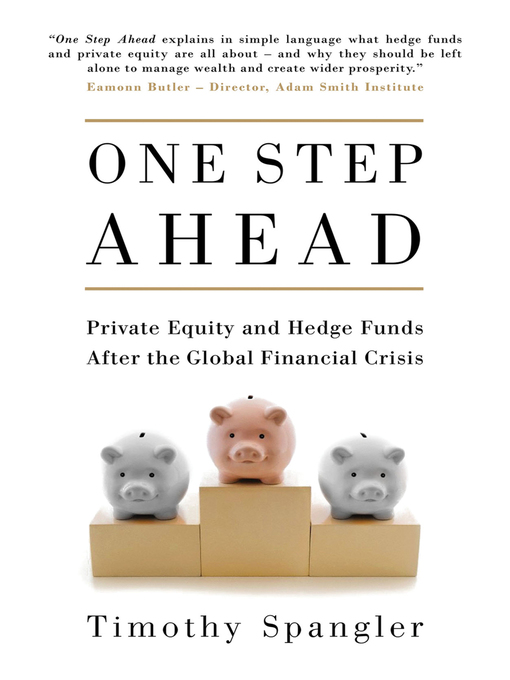Never has there been such an appetite and desire to understand the financial institutions that govern us. But despite dominating international headlines, alternative investment vehicles including private equity and hedge funds remain elusive with few able to explain their success.
In this accessible and timely study, award-winning writer Timothy Spangler explains how funds are structured to function outside of the rules that restrict other financial organizations. Designed to adapt and react to new conditions, they have thrived since the financial downturn, despite new laws and robust regulations.
From start-ups to complex venture capital firms, this is the essential, no-nonsense guide to how hedge funds drive growth and influence markets. Staying one step ahead of the lawmakers, they continue to be significant players in both public and private sectors the world over.
- Available now
- New eBook additions
- New kids additions
- New teen additions
- Most popular
- Try something different
- NYPL WNYC Get Lit Book Club
- Spotlight: Toni Morrison
- See all ebooks collections
- Available now
- New audiobook additions
- New kids additions
- New teen additions
- Most popular
- Try something different
- NYPL WNYC Get Lit Book Club
- Spotlight: Toni Morrison
- See all audiobooks collections




